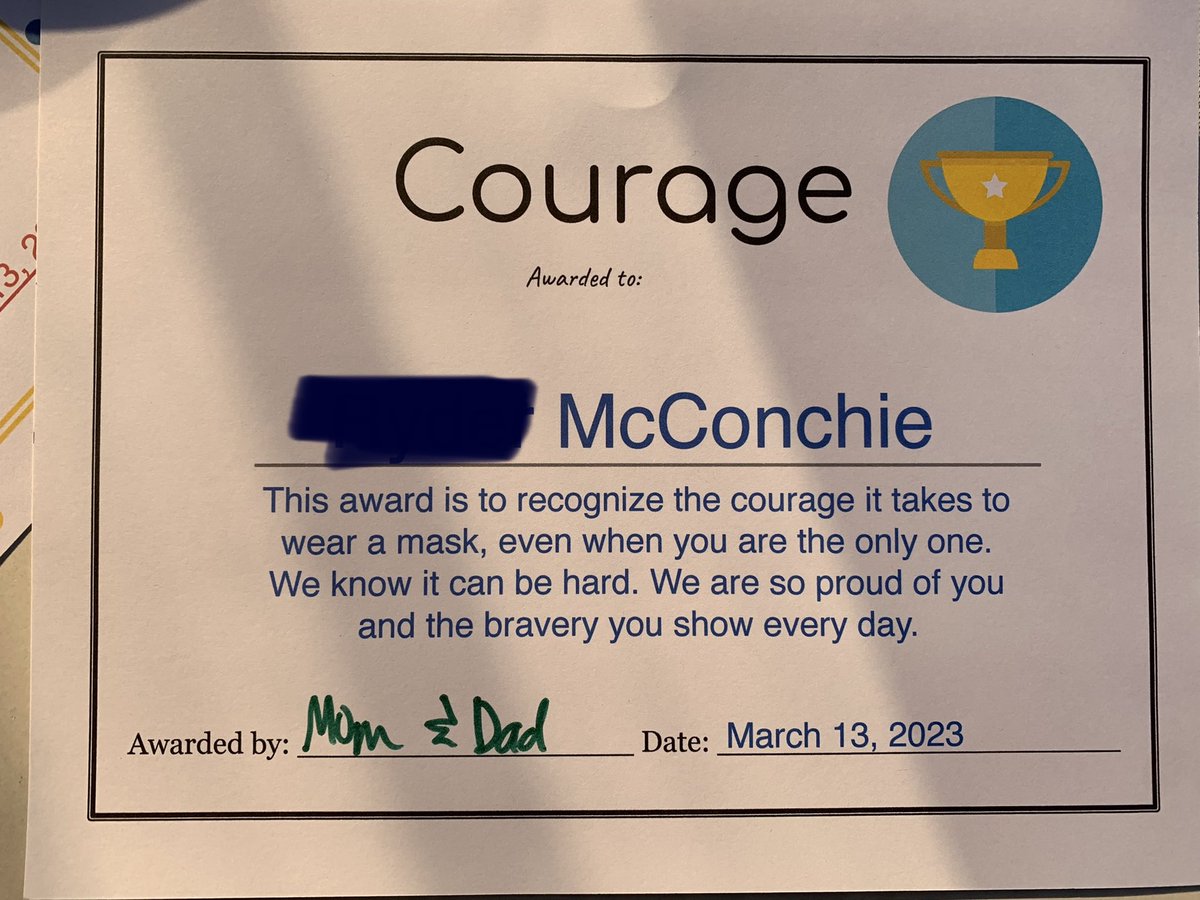
We're missing the point about math anxiety and timed math tests.
Whether the relationship is causational or not is NOT what's significant.
The entanglement of these 2 concepts is blinding us to the dangers each brings to a student.
Lean in, folks. I'm fired up. 🧵
#MTBoS
Whether the relationship is causational or not is NOT what's significant.
The entanglement of these 2 concepts is blinding us to the dangers each brings to a student.
Lean in, folks. I'm fired up. 🧵
#MTBoS

Any teaching practice that triggers an anxiety response in students should be avoided. Full Stop!
Feeling anxious (in general or within the context of math) triggers a response from the amygdala - the emotional control center of the brain.
Feeling anxious (in general or within the context of math) triggers a response from the amygdala - the emotional control center of the brain.

Because the brain is designed for survival (not for learning the math we teach in school), the amygdala has the power to shut down the learning centers of the brain to attend to the potential threat it has detected - whatever is prompting the anxiety.
To keep it simple, anxiety and learning don't work well together ... especially if in the same context (ie. math anxiety and learning math).
Again, any teaching practices that fuels anxiety should be avoided.
Again, any teaching practices that fuels anxiety should be avoided.

I don't need a double-blind, randomized control study of timed math tests to know they are often a source of math anxiety for many learners.
I've listened to enough students (and adults) to know timed math tests are often used to sort, shame, and stifle a love of learning math.
I've listened to enough students (and adults) to know timed math tests are often used to sort, shame, and stifle a love of learning math.
To be fair, it is often HOW these timed math tests are used by teachers that amplify the math anxiety. Withholding recess, public achievement charts, and other rewards/threats are the main culprit here.
(In addition to the unnecessary time pressure)
(In addition to the unnecessary time pressure)
But even if you took all those away, they're still a no for me.
"Does your school used timed math tests" is one of the top 10 questions I ask a school when touring as a parent.
WHY?
Because timed math tests are perhaps the lowest-quality tool to build fact fluency/memory.
"Does your school used timed math tests" is one of the top 10 questions I ask a school when touring as a parent.
WHY?
Because timed math tests are perhaps the lowest-quality tool to build fact fluency/memory.
Timed math tests don't embrace the principles of creating meaningful, lasting connections in the brain:
- joy (or other positive emotions)
- social learning
- connecting to schemas
- movement
- multi-sensory learning
- (I will give them credit for repetition)
- joy (or other positive emotions)
- social learning
- connecting to schemas
- movement
- multi-sensory learning
- (I will give them credit for repetition)
It's with these principles in mind that you constantly hear me promoting math fluency games like those created by @MathforLove and @mminas8.
It's not that timed math tests (w/o the sorting, shaming, and stifling) are inherently evil. It's just that we can do so, so much better.
It's not that timed math tests (w/o the sorting, shaming, and stifling) are inherently evil. It's just that we can do so, so much better.
So let's stop arguing about whether (or to what degree) timed math tests trigger math anxiety.
Let's stay focused on our goal: meaningful math learning ... and then find the tools that BEST help us achieve those goals.
And timed math tests are not the best tools.
#iteachmath
Let's stay focused on our goal: meaningful math learning ... and then find the tools that BEST help us achieve those goals.
And timed math tests are not the best tools.
#iteachmath
• • •
Missing some Tweet in this thread? You can try to
force a refresh














